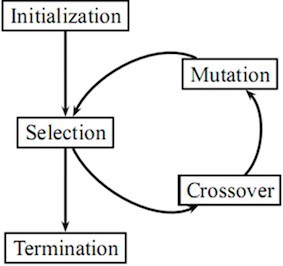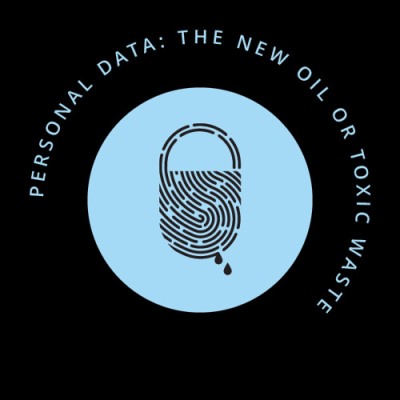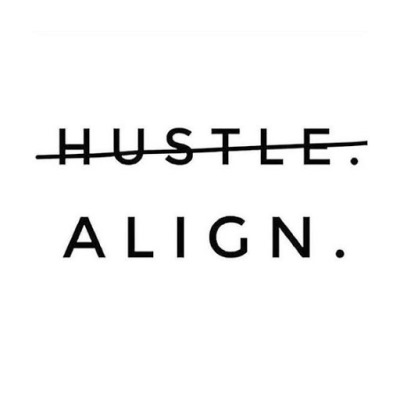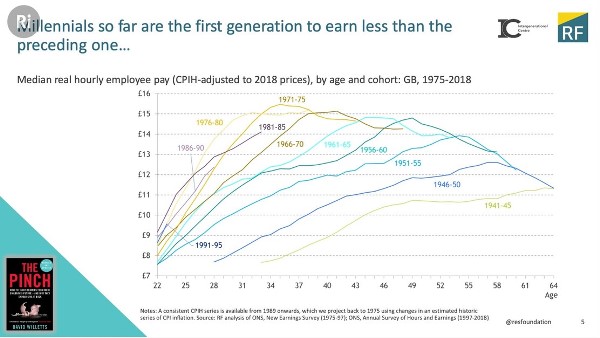In this breathtaking post ‘Google Engineers ‘Mutate’ AI to Make It Evolve Systems Faster Than We Can Code Them‘, latest developments of AI algorithm generation is described.

It does not yet look like it really works for advanced algorithms, but there are possibilities that very quickly algorithms will evolve that will produce novel solutions to certain simple problems such as image recognition. This is quite an exciting – and troubling – development. It was due to arrive though with the development of ‘genetic algorithms’ that simulate natural selection.
Of course the novelty is now to apply it to AI algorithms which are by themselves heavier and more cumbersome to handle. Still it gives quite an interesting perspective of what we can expect in the short and medium term. Scary!











